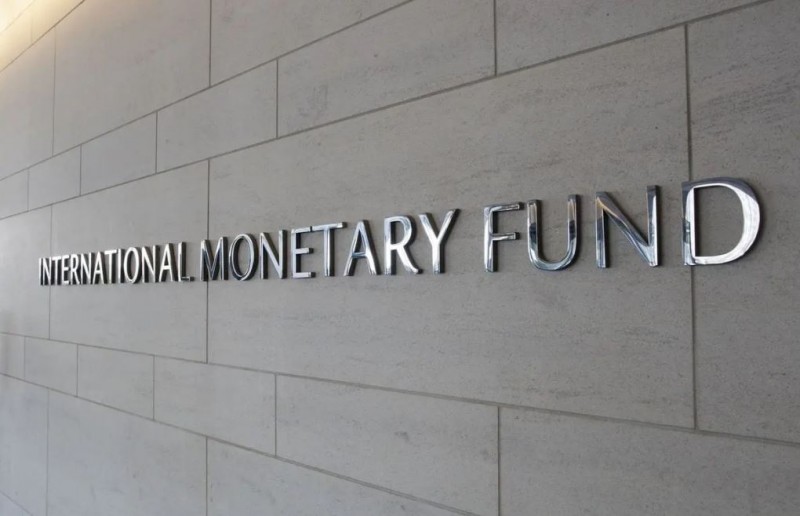
The International Monetary Fund (IMF) is an international financial institution established to foster global monetary cooperation, secure financial stability, facilitate international trade, promote high employment, and sustainable economic growth across its member countries. Since its inception in 1944, the IMF has played a pivotal role in shaping the global economic landscape.
History and Establishment of the IMF
The IMF was founded during the United Nations Monetary and Financial Conference, also known as the Bretton Woods Conference, held in July 1944. The primary objective was to prevent the economic imbalances and protectionist policies that led to the Great Depression in the 1930s. The delegates from 44 allied nations signed the IMF Articles of Agreement, and the organization officially commenced operations in 1945.
Over the years, the IMF has undergone significant changes, adapting to the evolving international economic environment and addressing emerging challenges in the global financial system.
Structure and Governance of the IMF
The IMF's structure is designed to ensure representation and participation from all member countries. The decision-making body of the IMF is the Executive Board, which consists of 24 Executive Directors representing member countries or groups of countries. The day-to-day operations are overseen by the Managing Director, who is the head of the IMF staff.
The voting power of member countries is determined by their financial contributions to the IMF, and decisions often require a qualified majority vote to be approved.
IMF's Role in Promoting Global Financial Stability
One of the core functions of the IMF is to conduct surveillance and economic analysis of member countries' economies. Through its regular monitoring, the IMF identifies vulnerabilities and risks that could impact global financial stability. It provides policy advice and recommendations to member countries to address these issues and prevent potential crises.
During times of financial turmoil, the IMF plays a crucial role in crisis prevention and resolution, offering financial assistance to countries facing balance of payments problems. The IMF provides financial support through lending programs that come with specific policy conditions aimed at restoring economic stability and sustainable growth.
IMF's Role in Fostering Economic Growth
In addition to crisis management, the IMF also focuses on promoting long-term economic growth and development. The organization offers technical assistance and capacity-building programs to member countries, helping them improve economic governance, fiscal management, and financial sector regulation.
The IMF also supports economic growth through financial assistance programs designed to help countries implement necessary reforms and achieve macroeconomic stability. These programs often come with structural adjustments aimed at improving the efficiency and competitiveness of member countries' economies.
Criticisms and Challenges Faced by the IMF
Despite its significant role in the global financial system, the IMF has faced criticisms and controversies. One common criticism is related to the conditionality attached to its financial assistance, which often requires countries to implement specific policy measures. Some argue that these conditions may not always be in the best interest of the borrowing countries and may exacerbate social and economic inequalities.
Moreover, the IMF's policy prescriptions have been criticized for being too rigid and not sufficiently taking into account the unique circumstances of each country. Critics argue that a one-size-fits-all approach may not be suitable for addressing the diverse challenges faced by developing economies.
IMF's Response to the COVID-19 Pandemic
The outbreak of the COVID-19 pandemic presented an unprecedented challenge to the global economy. In response, the IMF swiftly provided financial assistance to member countries facing economic hardships due to the pandemic. The organization also offered policy advice and recommendations to navigate the economic fallout.
IMF-supported programs helped many countries implement measures to safeguard public health, support businesses and households, and stabilize their economies during this difficult period.
Collaborations and Partnerships with Other Organizations
To address complex global economic challenges effectively, the IMF collaborates with other international organizations, such as the World Bank. The IMF and the World Bank often work together to provide comprehensive support and financial assistance to countries in need.
Additionally, the IMF engages with the Group of Twenty (G20) major economies and regional development banks to coordinate efforts in addressing global economic issues and promoting sustainable development.
Future Outlook and Reforms
The IMF continues to evolve to meet the changing needs of the global economic landscape. It is actively engaged in discussions and reforms to enhance its effectiveness and legitimacy. Key areas of focus include addressing shifts in global economic power, enhancing representation and voice for emerging market and developing countries, and improving governance and decision-making processes.
The International Monetary Fund remains a vital institution in the international economic system, playing a crucial role in promoting global financial stability and economic growth. Through surveillance, crisis prevention, financial assistance, and policy advice, the IMF continues to support its member countries in navigating the complexities of the global economy.
The Laffer Curve: Unraveling the Tax Revenue Puzzle
From Swadeshi Movement to Sustainable Fashion: The Journey of Khadi
Eco-Conscious India: Embracing Sustainability and Bid Farewell to Plastic